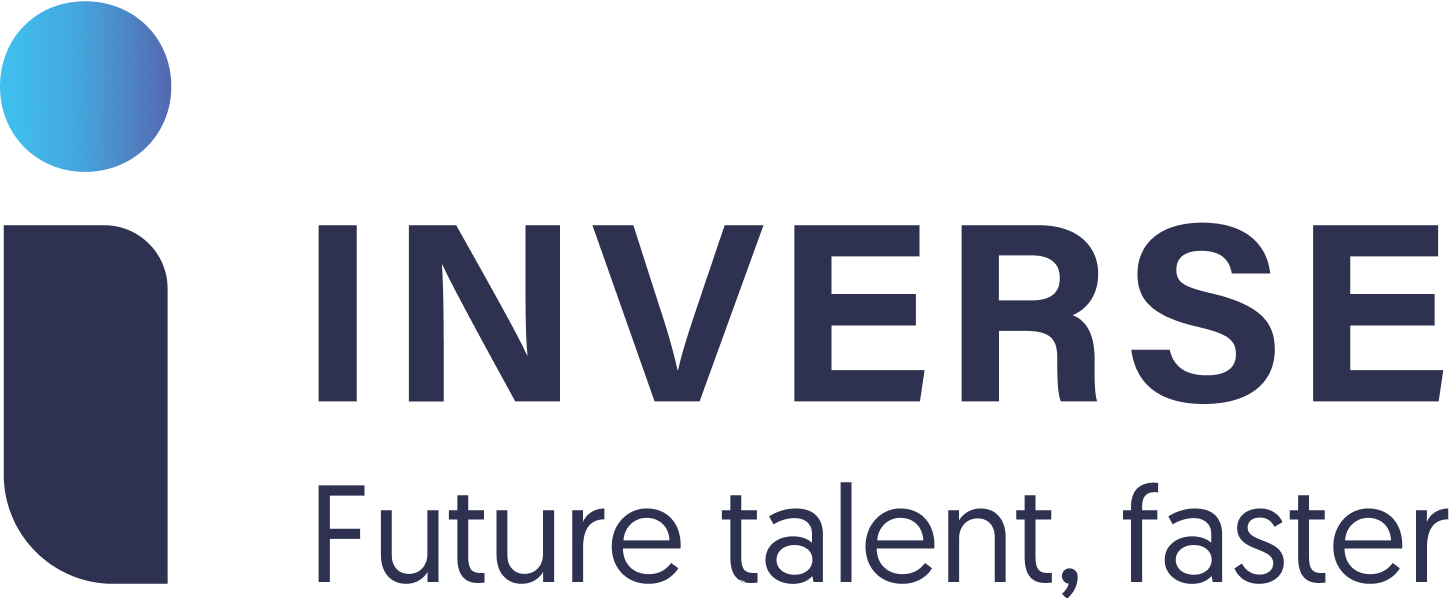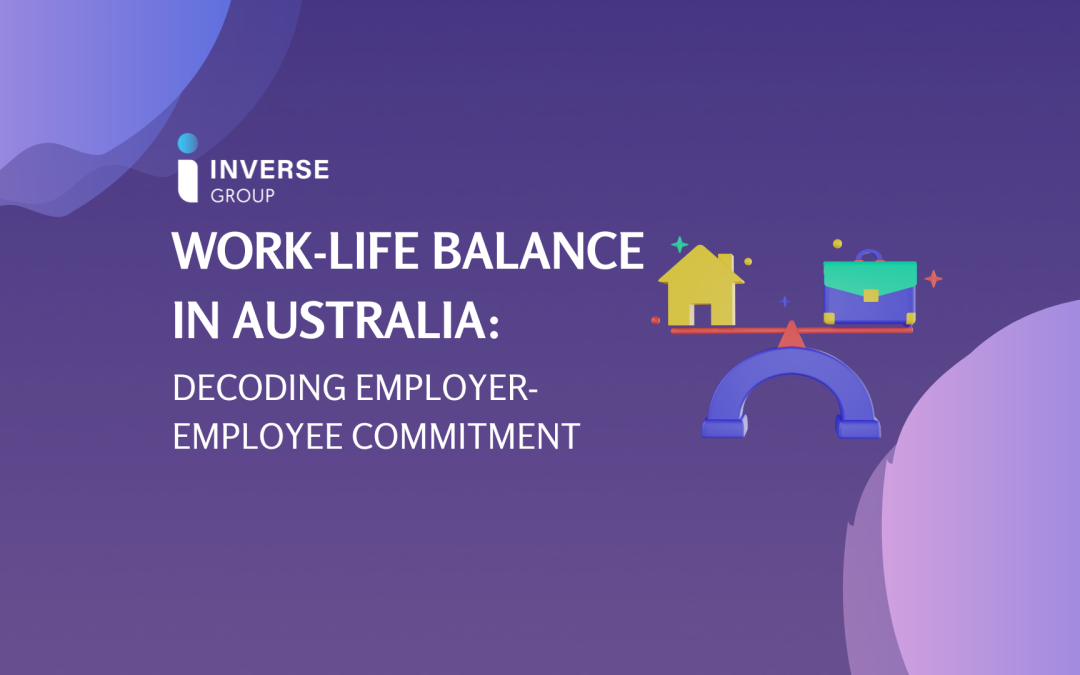How would you rate your work-life balance? Finding a balance between work and everyday life can be challenging. In Australia, 1 in 10 people (13%) work more than 50 hours a week. This is considered ‘very long hours’ by the Organisation for Economic Co-operation and Development (OECD).
What is work-life balance?
Work-life balance is the balance between one’s professional commitments and personal life. It involves effectively managing time, energy, and attention to ensure that the demands of work and personal activities are met equally.
What are the benefits of work-life balance?
By achieving a healthy work-life balance, individuals not only maintain overall well-being, but employers also experience a range of valuable benefits:
- Reduced absenteeism
- Increased productivity
- Retaining and attracting quality staff
- Increased satisfaction both professionally and personally
- Reduce stress
However, it is important to note that work-life balance is a shared responsibility and not solely dependent on either the employer or the employees.
Ways Employers Can Promote a Healthy Work-Life Balance
There are several effective strategies you as an employer can implement to offer better work-life balance for your employees:
- Provide flexible and remote working options
- Reevaluate and enhance time-off policies to offer more time for rest and rejuvenation.
- Encourage managers to prioritise productivity
- Provide increased support for working parents, acknowledging, and addressing the unique challenges they may face
- Promote regular breaks and encourage employees to recharge and maintain their well-being
- Periodically review workloads to ensure they are manageable and not overwhelming your employees
Ways Employees can improve their work-life balance
It is essential for you as an employee to maintain your overall well-being and happiness, not relying solely on your employer. Here are some ways you can achieve a better work-life balance:
- Understand your core values to help make informed decisions about how to allocate your time and energy effectively
- Set clear boundaries between work and personal life
- Do not skip your breaks, use this time to step away from your desk and relax
- Exercising and staying active can help reduce stress
- Prioritise tasks and focus on high-priority tasks during work time to help reduce overtime
- Learn to say no and do not overcommit yourself with extra projects or tasks
Achieving a healthy work-life balance is a pressing concern for many individuals in Australia, given by the challenges posed by long working hours and personal demands. Collaborative efforts from both employers and employees to prioritise work-life balance will yield mutual benefits for both parties.
If you are looking for a new role to improve your work-life balance, speak to one of our trusted recruiters today!

